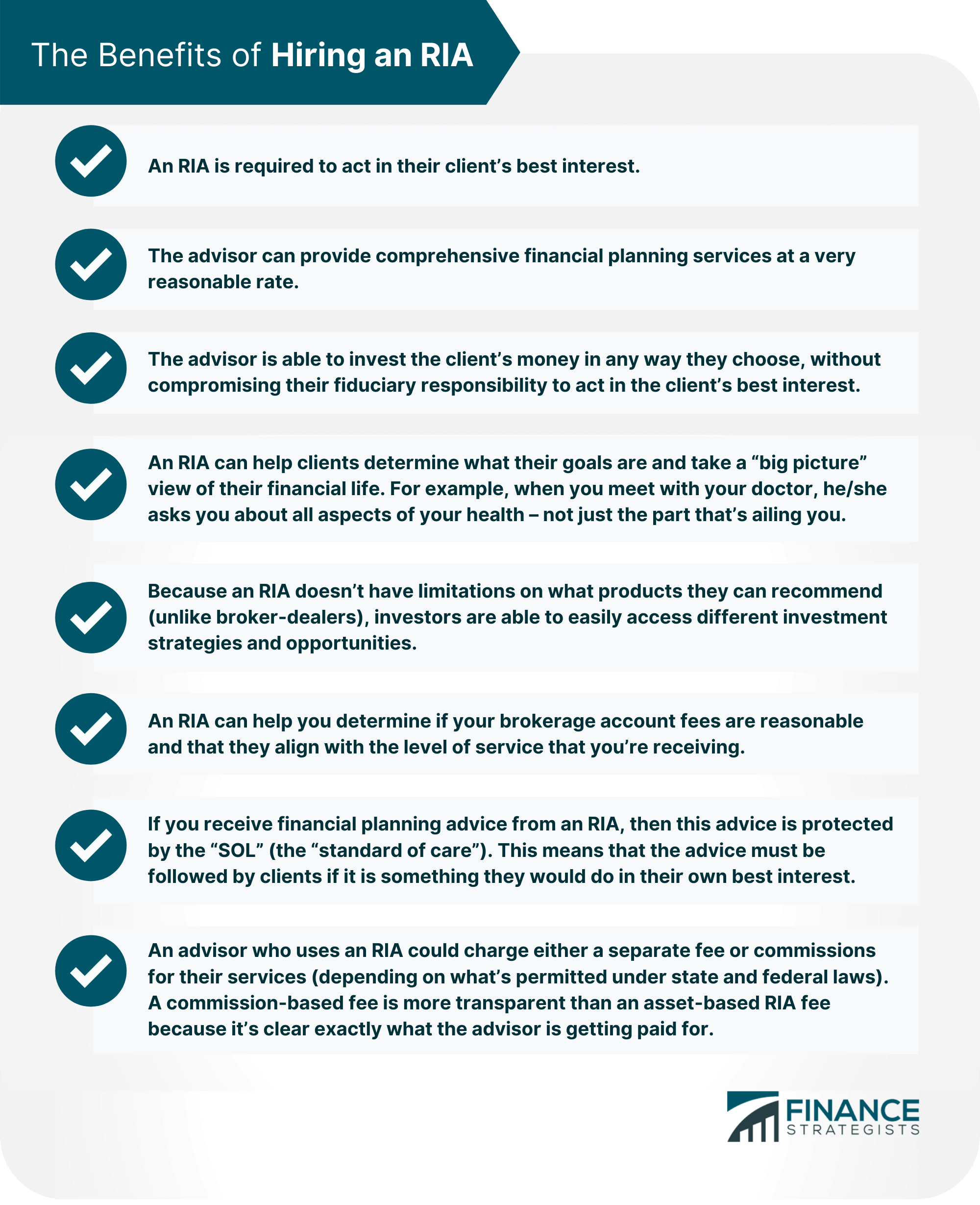
What's the difference between financial advisers and other professional advisors? Chartered Life Underwriter, Chartered Financial Analyst, Chartered Financial Consultant...these are just a few of the professional designations available to financial advisors. To learn more about these designations, read the following paragraphs. Next, select the right financial adviser for your needs. The financial services you receive will affect your happiness.
Chartered Life Underwriter
A Chartered Life Underwriter (or Chartered Life Underwriter) is a unique type of financial advisor that focuses on estate planning and life insurance. They have completed a rigorous education to achieve the title, and many work for insurance companies. As an insurance professional, they can provide their clients with the most helpful information possible when it comes to life insurance. CLUs can help you decide the right option for you, regardless of whether you need individual or group life insurance.

A CLU is the gold standard for insurance planning and life insurance professionals. This designation can only be granted to candidates who have three years of business experience. Graduate students will need five years. Hourly credits will be given for any experience in the industry. One year of work can be credited for 2,000 hours of part time experience. To earn the title, applicants must pass eight 100-question exams. They must also complete 30 hours of continuing education every two years to maintain their CLU status.
CLUs can assist you in estate planning and life insurance planning. They also provide advice. CLUs can help find the best policy for you, and even track it for your benefit. To find a CLU, seek referrals or research financial consulting firms in your area. Chartered Life Underwriters (CLU) are among the most experienced advisors within the financial industry and will be able help their clients in the best way possible.
Chartered Financial Analyst
CFA Institute offers a postgraduate professional certificate called the Chartered Financial Analyst. It is designed for those who wish to advance their careers in the investment and financial field. This program is available worldwide and prepares candidates to enter investment management. CFA is recognized by the U.S. financial markets as well as internationally and offers many benefits. Learn more about CFA and the benefits it offers.
The Chartered Financial Analyst certification is a globally recognized certification awarded to professionals who have proven their expertise in financial analysis and a commitment to high ethical standards. The CFA is awarded at three levels, each with a different level of study. Applicants must have a bachelor's degree in finance, four years of professional work experience, or a combination of these two qualifications. CFA Exam Level 1 tests your understanding of investment tools. Level II requires more complex analytical techniques, and Level III is a thorough examination of the analytical methods used in effective portfolio management and wealth planning.

The Chartered Financial Analyst credential has become one of the most desired in the investment world. It gives a professional the skill set and experience necessary to manage a diverse portfolio. CFAs may work in portfolio management and investment banking. Other CFAs have experience in private banking, accounting, or risk management. Seven percent of CFA professionals hold executive positions, and the designation is a mark of long-term prestige. It also allows people to pursue a wide variety of careers in the financial field.
FAQ
What is wealth management?
Wealth Management is the practice of managing money for individuals, families, and businesses. It encompasses all aspects financial planning such as investing, insurance and tax.
Who should use a wealth manager?
Anyone who is looking to build wealth needs to be aware of the potential risks.
New investors might not grasp the concept of risk. Bad investment decisions could lead to them losing money.
This is true even for those who are already wealthy. It's possible for them to feel that they have enough money to last a lifetime. They could end up losing everything if they don't pay attention.
Each person's personal circumstances should be considered when deciding whether to hire a wealth management company.
How to Beat Inflation With Savings
Inflation is the rising prices of goods or services as a result of increased demand and decreased supply. Since the Industrial Revolution, when people began saving money, inflation has been a problem. Inflation is controlled by the government through raising interest rates and printing new currency. There are other ways to combat inflation, but you don't have to spend your money.
You can, for example, invest in foreign markets that don't have as much inflation. There are other options, such as investing in precious metals. Gold and silver are two examples of "real" investments because their prices increase even though the dollar goes down. Investors who are concerned about inflation are also able to benefit from precious metals.
How can I get started with Wealth Management
First, you must decide what kind of Wealth Management service you want. There are many Wealth Management services available, but most people fall under one of the following three categories.
-
Investment Advisory Services- These professionals will help determine how much money and where to invest it. They also provide investment advice, including portfolio construction and asset allocation.
-
Financial Planning Services: This professional will work closely with you to develop a comprehensive financial plan. It will take into consideration your goals, objectives and personal circumstances. Based on their expertise and experience, they may recommend investments.
-
Estate Planning Services - A lawyer who is experienced can help you to plan for your estate and protect you and your loved ones against potential problems when you pass away.
-
Ensure that a professional you hire is registered with FINRA. You can find another person who is more comfortable working with them if they aren't.
What are the benefits to wealth management?
Wealth management offers the advantage that you can access financial services at any hour. Saving for your future doesn't require you to wait until retirement. It's also an option if you need to save money for a rainy or uncertain day.
You can invest your savings in different ways to get more out of it.
For example, you could put your money into bonds or shares to earn interest. You could also buy property to increase income.
If you use a wealth manger, someone else will look after your money. You don't have to worry about protecting your investments.
Why it is important to manage your wealth?
Financial freedom starts with taking control of your money. You need to understand how much you have, what it costs, and where it goes.
You should also know how much you're saving for retirement and what your emergency fund is.
If you don't do this, then you may end up spending all your savings on unplanned expenses such as unexpected medical bills and car repairs.
Statistics
- US resident who opens a new IBKR Pro individual or joint account receives a 0.25% rate reduction on margin loans. (nerdwallet.com)
- As previously mentioned, according to a 2017 study, stocks were found to be a highly successful investment, with the rate of return averaging around seven percent. (fortunebuilders.com)
- According to Indeed, the average salary for a wealth manager in the United States in 2022 was $79,395.6 (investopedia.com)
- If you are working with a private firm owned by an advisor, any advisory fees (generally around 1%) would go to the advisor. (nerdwallet.com)
External Links
How To
How To Invest Your Savings To Make Money
You can make a profit by investing your savings in various investments, including stock market, mutual funds bonds, bonds and real estate. This is what we call investing. This is called investing. It does not guarantee profits, but it increases your chances of making them. There are many ways to invest your savings. Some of them include buying stocks, Mutual Funds, Gold, Commodities, Real Estate, Bonds, Stocks, and ETFs (Exchange Traded Funds). These methods are described below:
Stock Market
The stock market is an excellent way to invest your savings. You can purchase shares of companies whose products or services you wouldn't otherwise buy. Also, buying stocks can provide diversification that helps to protect against financial losses. If the price of oil falls dramatically, your shares can be sold and bought shares in another company.
Mutual Fund
A mutual fund is an investment pool that has money from many people or institutions. They are professionally managed pools with equity, debt or hybrid securities. The investment objectives of mutual funds are usually set by their board of Directors.
Gold
The long-term value of gold has been demonstrated to be stable and it is often considered an economic safety net during times of uncertainty. It can also be used in certain countries as a currency. Due to the increased demand from investors for protection against inflation, gold prices rose significantly over the past few years. The supply and demand factors determine how much gold is worth.
Real Estate
Real estate refers to land and buildings. Real estate is land and buildings that you own. For additional income, you can rent out a portion of your home. You may use the home as collateral for loans. The home may be used as collateral to get loans. Before purchasing any type or property, however, you should consider the following: size, condition, age, and location.
Commodity
Commodities include raw materials like grains, metals, and agricultural commodities. As these items increase in value, so make commodity-related investments. Investors who want the opportunity to profit from this trend should learn how to analyze charts, graphs, identify trends, determine the best entry points for their portfolios, and to interpret charts and graphs.
Bonds
BONDS ARE LOANS between companies and governments. A bond is a loan agreement where the principal will be repaid by one party in return for interest payments. When interest rates drop, bond prices rise and vice versa. A bond is purchased by an investor to generate interest while the borrower waits to repay the principal.
Stocks
STOCKS INVOLVE SHARES OF OWNERSHIP IN A CORPORATION. Shares represent a small fraction of ownership in businesses. You are a shareholder if you own 100 shares in XYZ Corp. and have the right to vote on any matters affecting the company. Dividends are also paid out to shareholders when the company makes profits. Dividends are cash distributions paid out to shareholders.
ETFs
An Exchange Traded Fund is a security that tracks an indice of stocks, bonds or currencies. ETFs are traded on public exchanges like traditional mutual funds. For example, the iShares Core S&P 500 ETF (NYSEARCA: SPY) is designed to track the performance of the Standard & Poor's 500 Index. This means that if you bought shares of SPY, your portfolio would automatically reflect the performance of the S&P 500.
Venture Capital
Venture capital is private financing venture capitalists provide entrepreneurs to help them start new businesses. Venture capitalists finance startups with low to no revenue and high risks of failure. Venture capitalists usually invest in early-stage companies such as those just beginning to get off the ground.